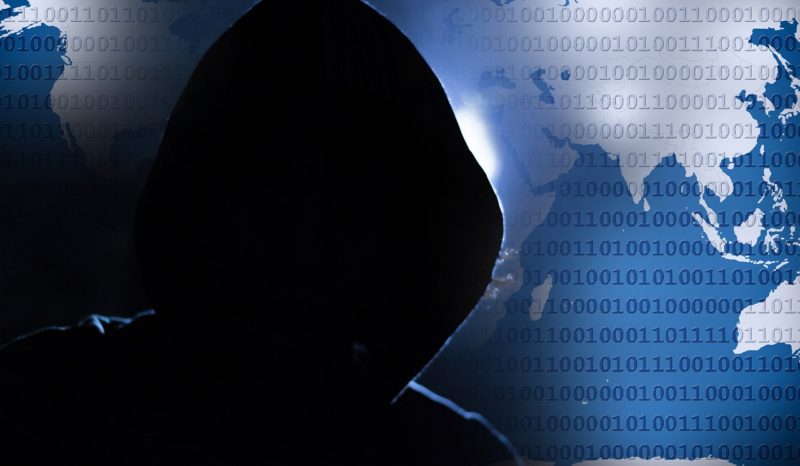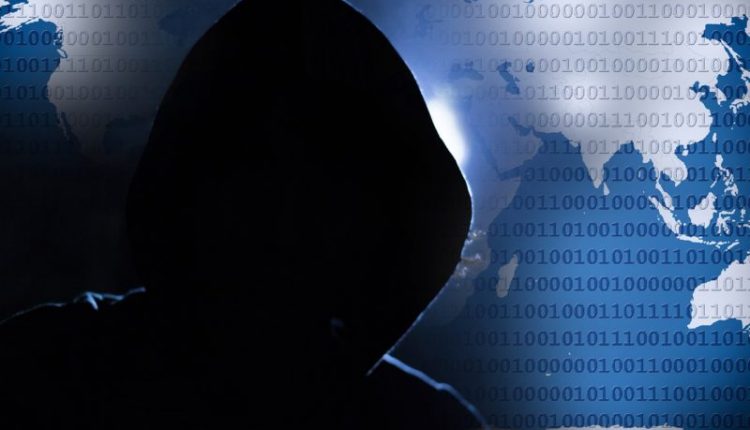People in Liverpool are top for being safe online – but there is room for improvement
Research from banking giant Barclays reveals people in the city are the best at protecting themselves online compared to other major cities but are still vulnerable to charity scams. Tony McDonough reports

Liverpool is the most “digitally-safe” city in the UK, according to a new study.
Research from banking giant Barclays reveals people in the city are the best at protecting themselves online compared to other major cities.
However, Liverpool still remains a hotspot for online charity donation scams with 11.8% of residents having been targeted in the past three years.
The Barclays Digital Safety Index score is based on the ability of 6,000 UK adults to protect data, devices, accounts, and to spot digital threats.
Respondents in Liverpool were asked to complete a digital safety test − similar to the hazard perception tests encountered by people taking driving theory exams − and answer questions about the steps they take to protect their devices from online threats.
On average, respondents from Liverpool scored 6.31 in the test, higher than the national average score of 6.27, and higher than neighbouring cities such as Manchester, which scored 6.21.
All regions outperformed London on the digital safety score. However, across the UK, only 17% of people can correctly identify basic digital safety threats such as social media messages intended to trick users into sharing personal details or downloading malware.
Barclays is spearheading a new £10m nationwide drive to increase the public’s awareness of the problem.
It estimates that if people implemented the three tips below we could help to cut levels of fraud by up to 75%:
- Never give out your full Online Banking PIN, Passcode or Password to anyone, even a caller claiming to be from the police or your bank.
- Do not click on any link or open an attachment on any e-mail you receive which is unsolicited.
- Avoid letting someone you do not know have access to your computer, especially remotely.
Laura Flack, Barclays head of digital safety said: “The Barclays Digital Safety Index identifies the UK’s most vulnerable to cybercrime for the first time.
“We are encouraging everyone, even the most confident of digital users, to take our test and learn how they can stay safe in our digital age.”

